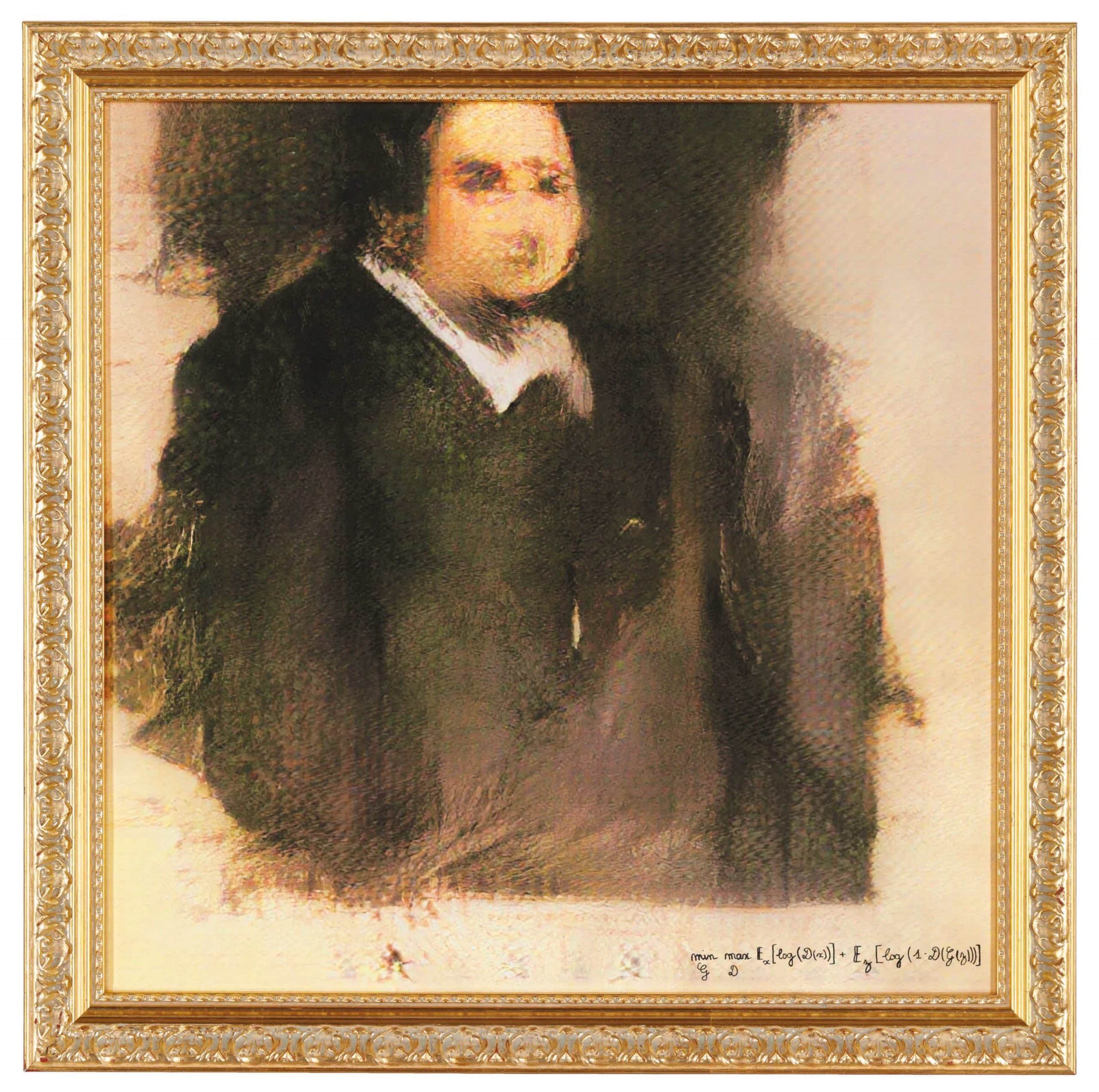- Joined
- May 24, 2021
- Messages
- 1,037
You really have to have your head stuck up a certain type of person's bottom to view the world of art as only they do. Art is everywhere, appreciated for all different reasons - including its sometimes stunning realism. So you really have to be an incredible snob to take the view that the only "art" is the stuff that you buy in Soho after rubbing elbows with the New York Times critic - and then decry that stuff as nothing but commodity.
I've bought art. I've sold my art. I studied briefly under a noted hyperrealist. None of that had anything to do with anything you've noted.
The main takeaway of your post is that people who write art criticism as social commentary ought to be rounded up and left on an island.
Perry is drawing the distinction between Art and Craft. Lots of people draw, paint and create, but not many of them are viewed as artists. Perry is stating that the difference between the person who creates, say, design for packaging or paints for a hobby and the person who exhibits in the gallery, is that there is an elite network of gallery owners and curators who define what Art is - and that the purpose of it is to be owned for status.
We don't talk about all crafts as being in the "Art world".
Btw, Perry is criticizing this. His medium is pottery, a form usually thought of as craft. He doesn't like this state of affairs, he's saying "this is how it is". I think he would prefer it if Art was some activity undertaken for "spiritual enrichment" (he doesn't phrase it like this, but I think this is what he's getting at).
This is turning into a different discussion, maybe start another thread for that?
You can't really say something isn't art without defining what Art is. I'm challenging the idea that Art is labour.
Last edited:




